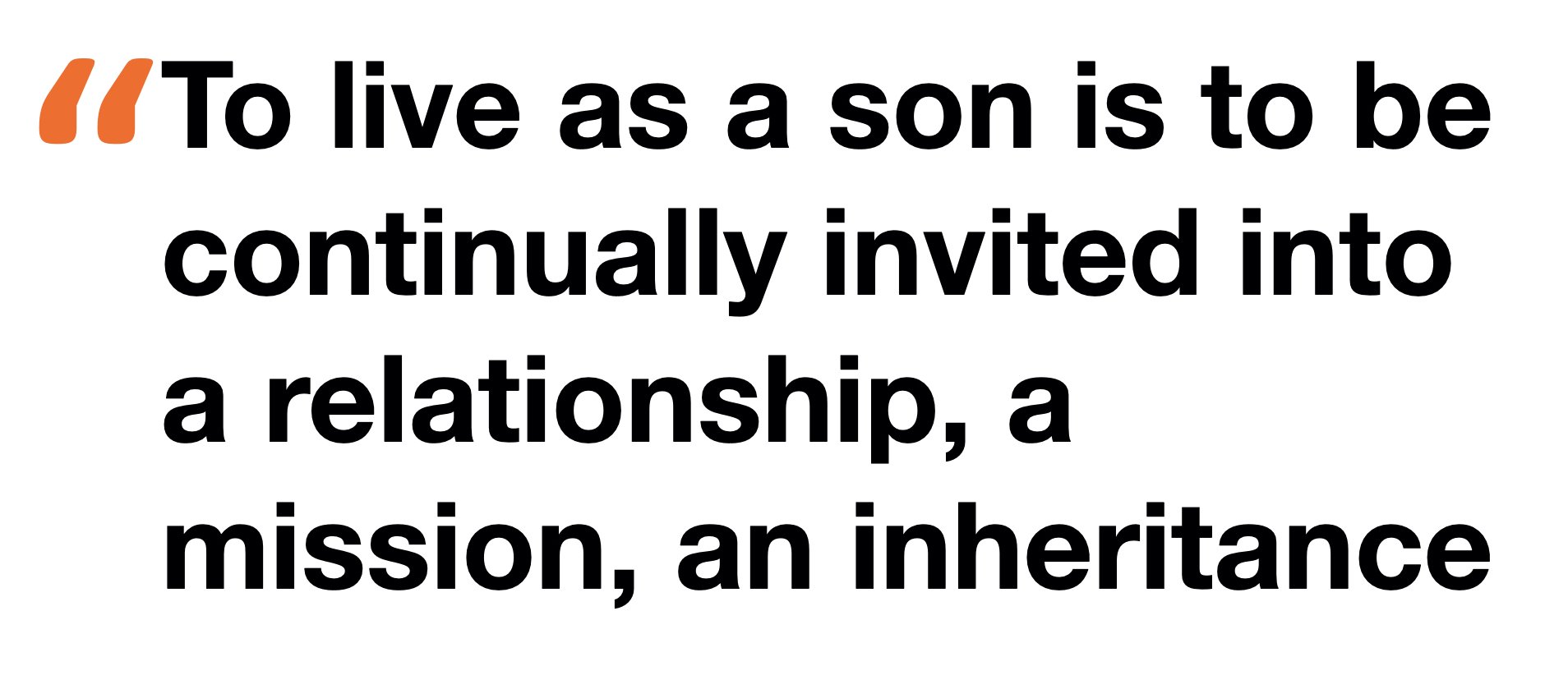Word of Wisdom: Invitation
“There is no greater invitation to love than loving first.” Augustine
Recently, I was invited by a close brother of mine to attend his wedding. My immediate impulse was of course to respond “will attend”; the only obstacle, however, was not an insignificant one: the ceremony would be held twenty hours of air travel away in Kenya, during a busy time on the family schedule.
That invitation, though, was not the last. He quickly communicated again with a request that I not only attend, but participate in the ceremony as one of his groomsmen. As the formal invitation expanded, the sense of invitation I felt deepened.
But it didn’t end there. Next was an invitation to attend a retreat for the groom and groomsmen on a beautiful patch of earth with a view into the Great Rift Valley, and, while there, play a role in cultivating a spiritual environment that would facilitate joy and vision as much as the physical environment facilitated awe and rest.
In the end, this was not simply a printed request that I attend an event, but an intimate appeal to experience—together with brothers old and new—a joining of lives that went beyond just the bride and groom.
And it gave me a new glimpse into the transcendence of invitation.
Many of us experience precious little sense of invitation in our lives. Perhaps it’s why the phrase “You’re invited!” in a marketing or spam email can elicit as much power as it does throughout the general population. To be “invited”—to something, anything—is to be seen, to be wanted, to be sought after in a world awash with rejection and isolation.
An absence of invitation creates an environment of opposition, where everything, seemingly, must be earned, taken, scraped together or wrestled apart. When we do not feel invited to a community, when we don’t feel invited to a path paved, a place prepared, a promise protected, we experience the unceasing grind of simultaneously clawing for gain while clasping in defense. We scavenge for affirmation and identity, like so many hyenas and vultures jostling over a nearly picked-clean carcass.
And in such a state, the alluring-though-artificial invitation to the immediate and illicit often proves irresistible. We become vulnerable to anything on offer that will end our invisibility, that will eradicate the invalidation we fear and rage against.
Without invitation, we are orphans. But the experience of sonship is one of continual, and deepening, invitation.
To live as a son is to be invited continually into a relationship, into a mission, into an inheritance that is always accessible yet never exhausted; always present but never overbearing. It is to experience invitation—to return, to advance, to explore, to steward—without conditions, save one: that the invitation be accepted.
And the invitation, whether we accept it straightaway or not, changes us. It sparks something in our heart (“I’m thought of and wanted”) and our mind (“Opportunities exist beyond what I can construct myself”).
Invitation, it turns out, is catalytic by nature. Our English word is derived from the Latin invitationem, meaning “an incitement, a challenge”. The Latin, in turn, incorporates an ancient root meaning “to go after something, to pursue with vigor”. To be invited is to be incited to something more, to be challenged to rise and go, to be pursued and presented with generosity.
To live as a son is to live invited. To lead like the Father is to extend the invitation to others.
When we lead like the Father, we invite others into our endeavors, just as he invites sons into his acts of creation. We invite others into our hopes and dreams, as he invites sons into his purposes. We invite others to join us, as he invites sons to walk with him. We invite others to retreat with us, as he invites sons into his rest. We invite others into our sorrows and pain, as he invites sons into his sufferings. We invite others to return, no matter how long or far they have strayed, as he invites his sons back even from a far country.
But only one living as a son—confident in the inexhaustible invitation around him—can, like the Father, extend invitation without fear. Without hesitation. Because unlike control, unlike compulsion and domination, invitation carries risk. It can be refused, it can be rejected. It can be dismissed and ignored in ways that will wound a fragile heart, or crack a heart of stone.
But when we ourselves accept invitation from the One who first invites us, we find we have the strength to invite others in—to incite, challenge, pursue those in our sphere who so desperately want to receive invitation from us.
We find that we, too, can stand at the door and knock in invitation.
And when we do, we’ll be amazed at the doors that open.
“I will invite him to approach me,” says the Lord, “for who would dare to come unless invited?” Jeremiah 30:21b




